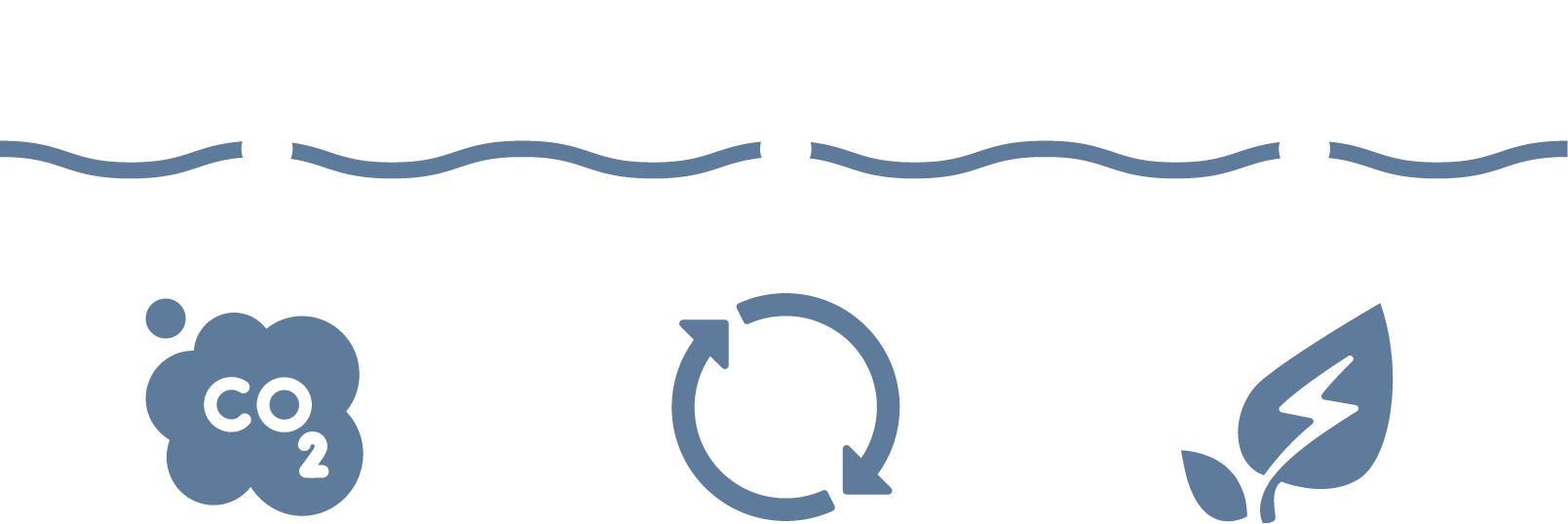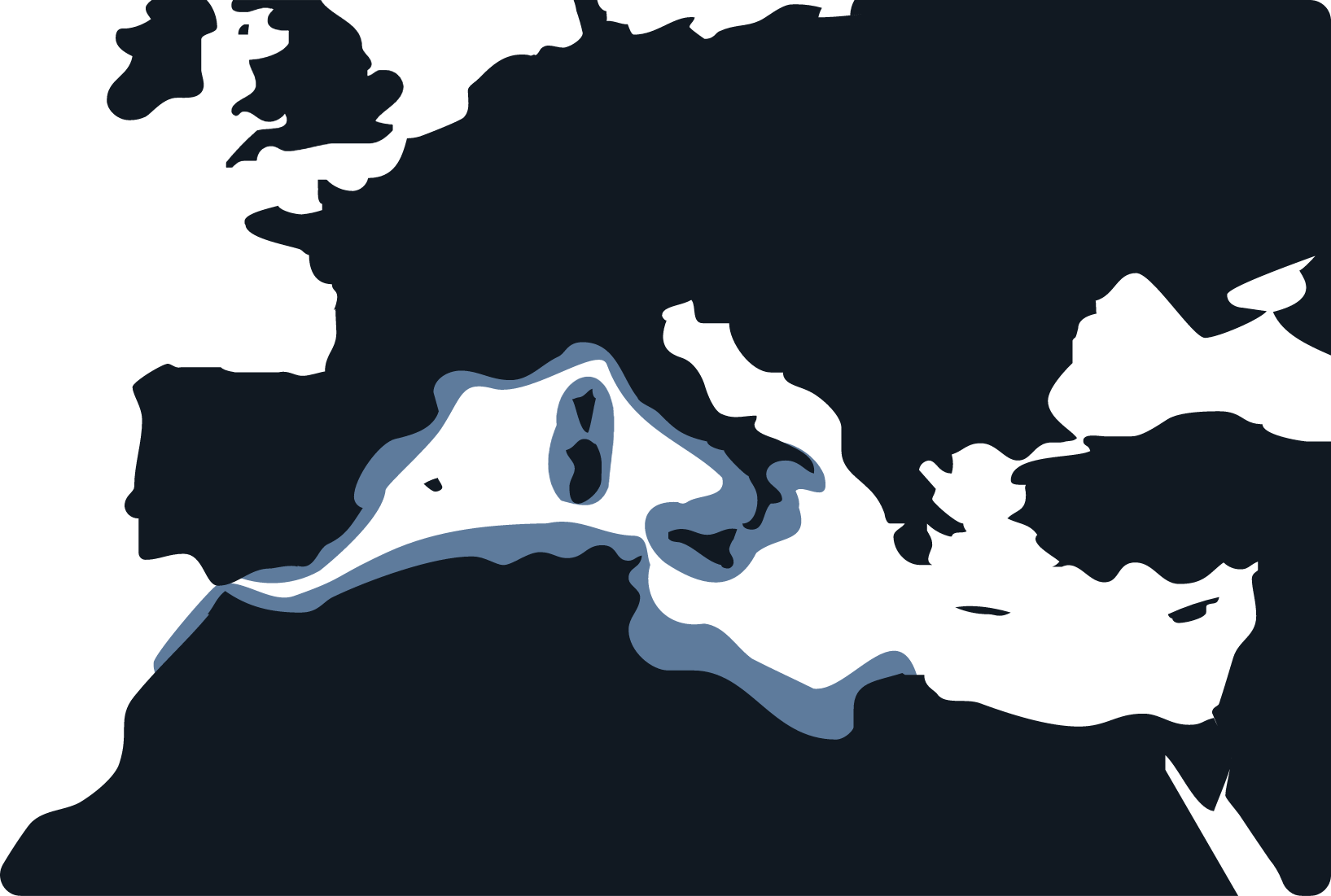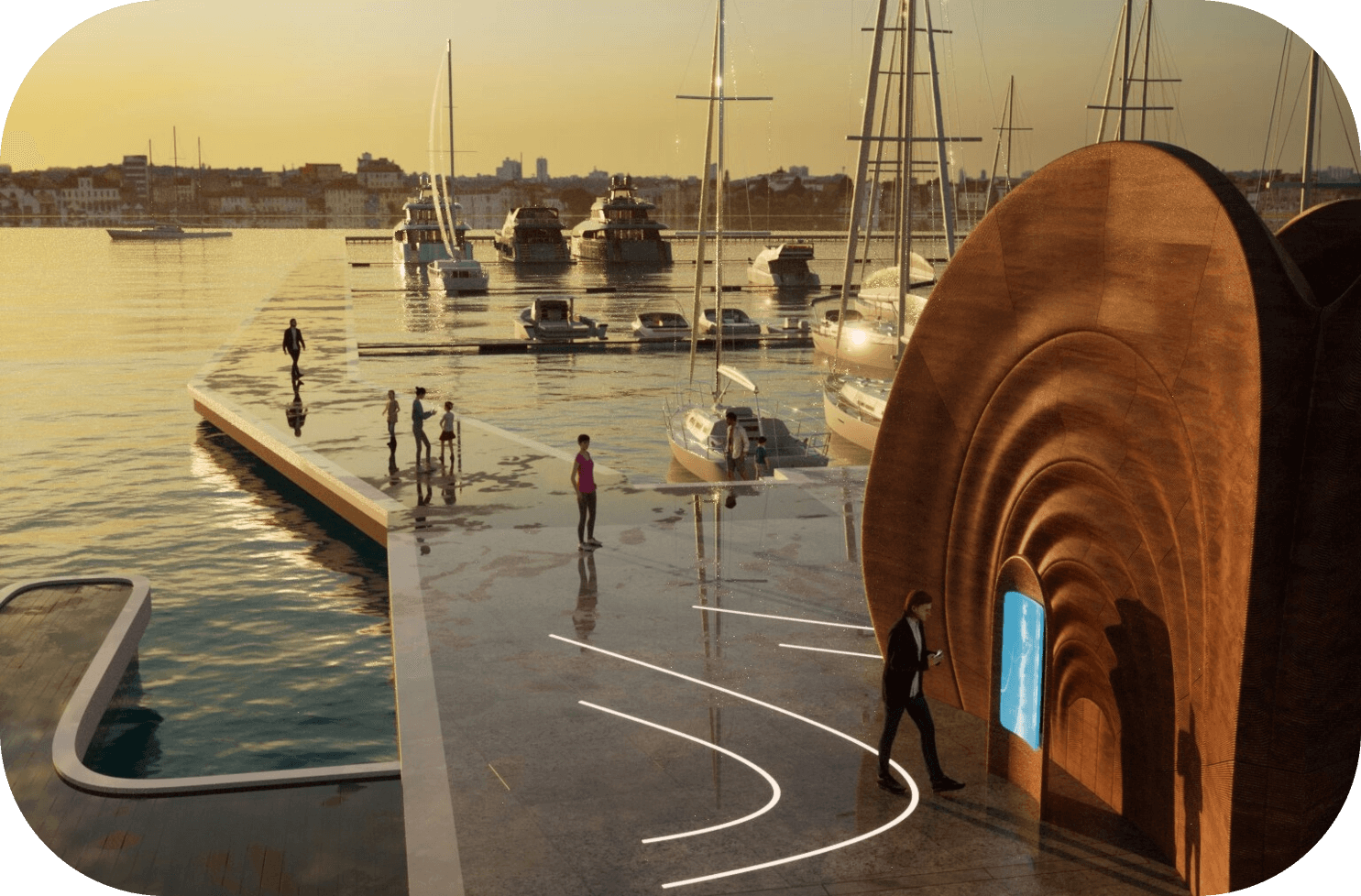Leading the Green Hydrogen Revolution in Yachting
Green hydrogen is one of the most promising answers to the global demand for clean and sustainable energy solutions.
Concessions in the pipeline
NatPower H already has a pipeline of over 40 marinas in Italy and the Mediterranean.
We are actively promoting the research and development of new models of hydrogen-powered vessels in collaboration with shipyards, research institutes and other strategic partners.
Our commitment is to create a comprehensive ecosystem that fosters the growth and adoption of green hydrogen technologies.
Driving the Energy Transition
Climate change shows us that sustainability is a duty as well as a goal. Energy transition is accelerating, and it is necessary to increase independence from fossil fuels.
The yachting scene is seeing an increasing commitment to sustainable vessels, with numerous shipyards promoting a range of solutions to reduce the impact of their activities on the ecosystem.


Sustainability on the sea
The yachting scene is seeing an increasing commitment to sustainable vessels, with numerous shipyards promoting a range of solutions to reduce the impact of their activities on the ecosystem.
The increasing delimitation of marine protected areas, with bans on diesel engines, also highlights the importance of ustainability in the yacht and mega-yacht sector, pushing the entire industry towards eco-friendly innovation.
At the same time, agreements among institutions and the various stakeholders in the industry are also pushing for a change of course. One example is the European Union’s FuelEU initiative, a project promoting more renewable and low-carbon fuels to reduce the carbon footprint of the maritime sector in the EU, thus bringing maritime transportin line with the trajectory of the EU’s climate goals for 2030 and 2050. But this rapid energy transition is slowed down by the lack of infrastructure for the distribution and supply of zero-impact energy sources.

Safe EU initiatives

Inside the Hydrogen
Hydrogen is the lightest and most abundant element in the universe, a colourless, odourless gas that is insoluble in water. It is rarely found in its natural state because it is usually combined with other elements.
C02 Footprint Diesel vs Hydrogen Tank-to-Wake
kgCO2/kWh
Source: Roadmap for the Decarbonisation of the European Recreational Marine Craft Sector-Carbon Trust
Diesel 100% Mineral
Petrol 100% Mineral
For this reason, hydrogen is technically defined not as a primary energy source, but as an energy carrier. And indeed it is extremely powerful: compared to conventional fuels, it has the highest energy content per unit weight, three times that of petrol
Average projected hydrogen demand
Mt/year
Confronto tra idrogeno e altri carburanti
Idrogeno
a celle combustibile
Emissioni CO2 (g/km)
0
Emissioni NOx (g/km)
0
Rumore
Silenzioso
Impatto ambientale
Minimo,
emissioni zero
Diesel
Emissioni CO2 (g/km)
270 - 320
Emissioni NOx (g/km)
2 - 3
Rumore
Elevato
Impatto ambientale
Alto,
inquinante
GPL
Emissioni CO2 (g/km)
150 - 200
Emissioni NOx (g/km)
1 - 2
Rumore
Elevato
Impatto ambientale
Moderato, meno inquinante
Benzina
Emissioni CO2 (g/km)
180 - 200
Emissioni NOx (g/km)
1 - 2
Rumore
Elevato
Impatto ambientale
Elevato,
inquinante



